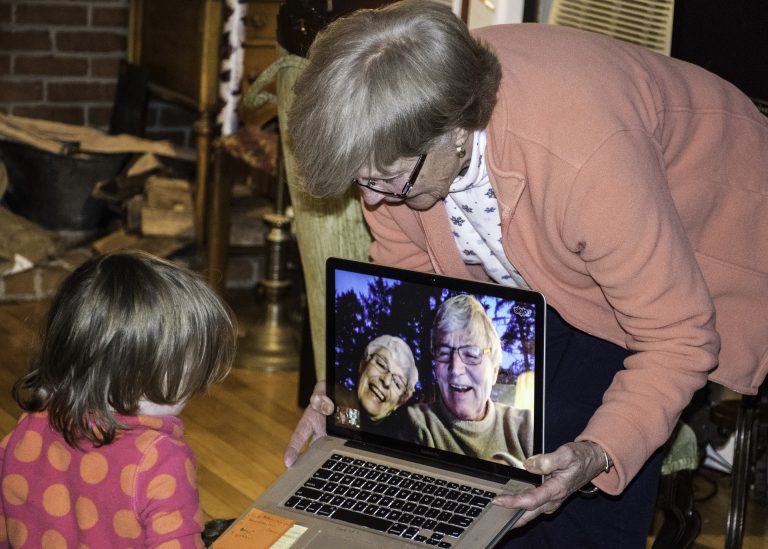Grandparents often play an important role in their grandchild’s life. They not only provide love and support, they are a valuable resource of information connecting a grandchild to his or her cultural heritage and family history. Unfortunately, when changes in child’s immediate family occur such as divorce or a parent’s untimely death, or even in situations where the relationship between unmarried parents of a child and a grandparent becomes strained, a grandparent’s relationship with their grandchild can be threatened if a parent decides to limit or deny visitation. Because grandparents are often devastated at the prospect of not seeing their grandchild, they wonder if they have any legal right to see their grandchild despite a parent’s wishes.
In Wisconsin, a grandparent has the right to ask the court for visitation, but there are some obstacles to overcome when a parent does not agree. In fact, just recently, the Grandparent Visitation Statute, Wisconsin Statutes 767.43(3), came under scrutiny by the Wisconsin Supreme Court, who was asked to clarify the standard of proof required for a grandparent to overcome a fit parent’s decision regarding visitation with a grandchild. In the case of Michels v. Lyons, the court found that while a grandparent has the right to ask the court for visitation, the grandparent must (A) overcome the court’s presumption that the parent’s visitation decision is in the child’s best interest and (B) prove, with clear and convincing evidence, that the parent’s decision regarding visitation is not in the child’s best interest.
In other words, the ability to show that a fit parent’s decision to reduce or deny visits is not in a grandchild’s best interest cannot simply be a matter of a court’s or grandparent’s opinion – there has to be proof. Say, for example, a grandchild resided at the home of a grandparent for a sustained period of time or a grandparent provided care to a child on a consistent basis prior to being denied visitation. This may be evidence that the grandparent and grandchild do indeed enjoy a particularly close relationship, which may prove that abruptly ending the relationship between the child and grandparent is not in the grandchild’s best interest. The need for clear and convincing evidence that a relationship exists and benefits the child is important to override a parent’s decision.
The courts priority is to ensure the best interests of the child. It is understood that young children particularly, “experience their world as an environment of relationships, and these relationships affect virtually all aspects of their development. Early, secure attachments contribute to the growth of a broad range of competencies, including a love of learning, self-confidence, positive social skills, the ability to developed and sustain successful relationships at later ages, and a sophisticated understanding of emotions, commitment, morality, and other aspects of human relationships.” The quality and stability of the relationships in a child’s life lay the foundation for a wide range of outcomes so it is certainly in a child’s best interest to continue close familial relationships.
In the words of one distinguished developmental psychologist…”in order to develop normally, a child requires progressively more complex joint activity with one or more adults who have an irrational emotional relationship with the child…Somebody’s got to be crazy about that kid. That’s number one. First, Last, and Always.” More than anyone else, parents and grandparents are often head-over-heels for their kid and their kid’s kid, so they both can play an important role in a child’s life. If you have questions regarding Wisconsin grandparent visitation or guardianship, contact the Wisconsin family law attorneys at Probst Law Offices for more information at 414-210-3135.